Obviously, starting college in the midst of a global pandemic was not the college experience I had always dreamed about. After deciding on Vanderbilt, I imagined myself exploring campus in a pack of other nervous first-years during Founder’s Walk, competing for the Commons Cup and sharing a dorm on Commons with my roommates. Then came COVID-19.
As all colleges and universities attempting an in-person semester are learning, many milestones and traditions are not feasible in their usual form because of necessary social distancing guidelines. This has inspired remote alternatives, such as the virtual Founder’s Walk which became a Zoom webinar. But a Founder’s Walk that doesn’t involve any walking, let alone being outdoors, loses the heart of the tradition. Of course, it isn’t safe for the entire first-year class to be crowded together walking across campus.
But since most of the milestones we’ve been looking forward to are unrealistic now, why are we pretending that it’s business as usual?
I understand the desire to hold onto traditions, particularly for faculty, administrators, returning students and alums who look forward to welcoming a new first-year class year after year. And following traditions is important; traditions give us a sense that we are part of something larger than ourselves. But this year is different. Seeing pictures of Founder’s Walk from previous years and logging into the Zoom webinar only served to make it clear that my classmates and I are not getting a typical first-year experience.
In watching the Founder’s Walk webinar on a screen from my dorm room, I did not feel that my classmates and I were walking the same path as those who came before us. Rather, I felt just the opposite; I caught another glimpse of what we were missing, of the traditions that we simply couldn’t follow.
Instead of perpetuating traditions through adaptations that diminish their experiential value, I challenge our class to build our own new ones. None of us could possibly have imagined what we are now facing. But instead of trying to do virtually what used to be done in person, let’s create new ways of being members of the same community.
Even though it has long been the tradition that all first-year students live on Commons for the entire year, I, along with many of my classmates, am not living on Commons this semester. There are certainly ways to get engaged, like Zoom sessions with our affiliated houses. But no matter how many Zoom meetings we have, it won’t change the fact that some of us are on Commons right now and others of us are not. And it’s not like I can run a live stream of my virtual roommate’s dorm room in Murray. That would be weird. So, clinging to the idea of what Commons used to be may not be the most productive approach to building a shared experience. Rather than devoting all our energy to a community we are part of only in name, shouldn’t we be focused on building a community where we actually live, with our classmates on our floors and in our buildings?
I don’t want to spend my entire fall semester waiting for the spring. Instead, I’m building new foundations with my floormates in Stapleton, like outdoor, socially-distanced movie nights and late-night chats from our doorways.
None of this is to deny the importance of traditions. They are essential to making the class of 2024 feel part of the community, a community that existed before we joined Vanderbilt and that will continue to exist long after we leave. But some traditions cannot easily shift from the actual to the virtual without losing what makes them valuable.
Vanderbilt is trying to make the best of an unprecedented, risky situation, and it should be commended for taking the hard path of opening its doors and bringing many of us here. But while we’re here, rather than trying to create a virtual replica of the experience we might have had, we should acknowledge that, in many circumstances, the virtual experience is no substitute at all for the real thing. Instead of clinging to old traditions, we should create new ones that respond with flexibility and imagination to our evolving experience without pretending that everything is the same as before.
By acknowledging this shared, disturbingly different reality, the Class of 2024 may in fact become the most tightly-knit of all Vanderbilt communities. And we may also wind up innovating along the way with some new traditions to carry forward far beyond the pandemic.


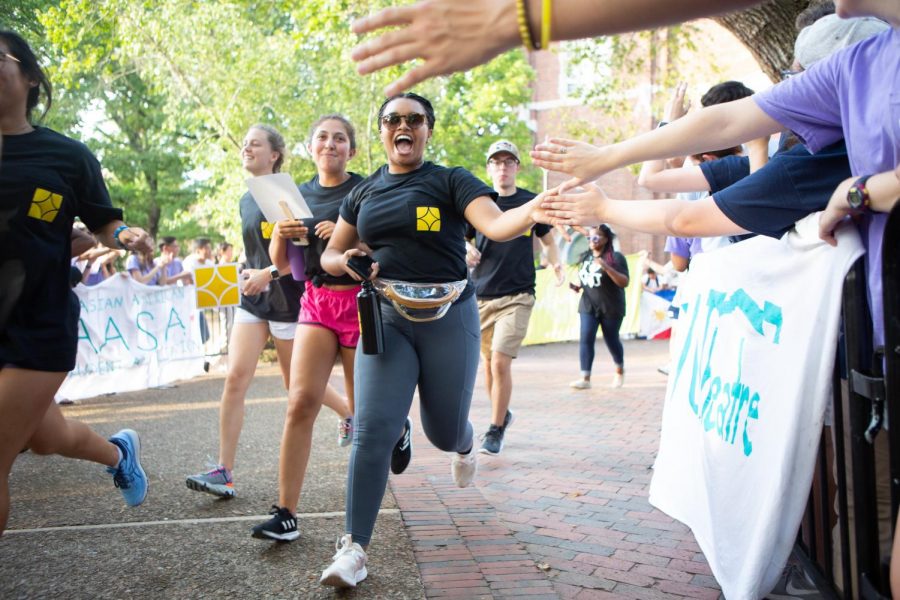
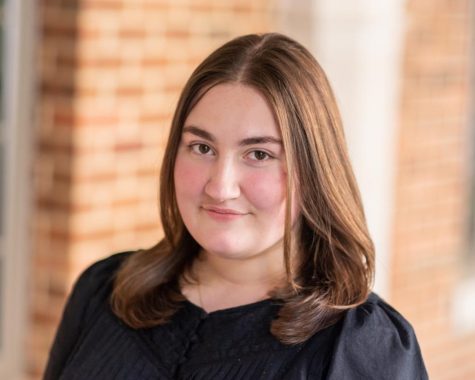




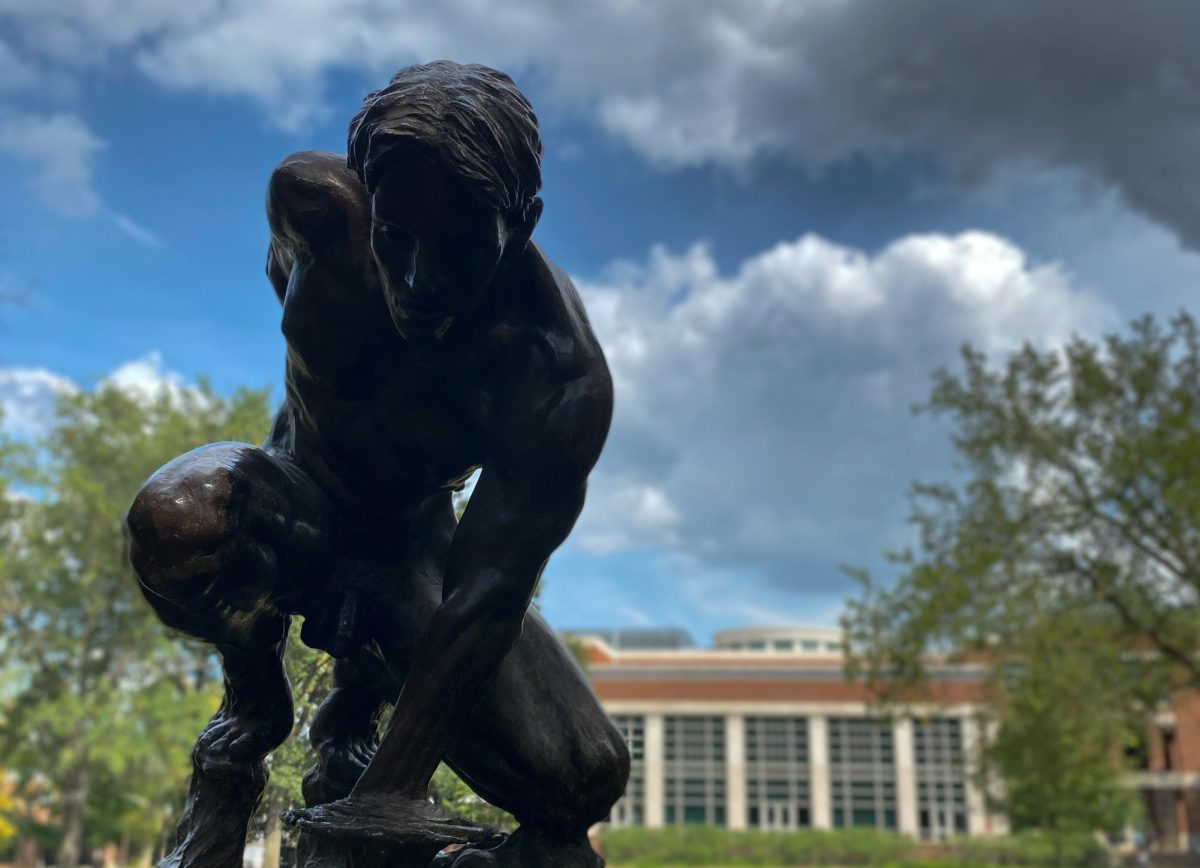
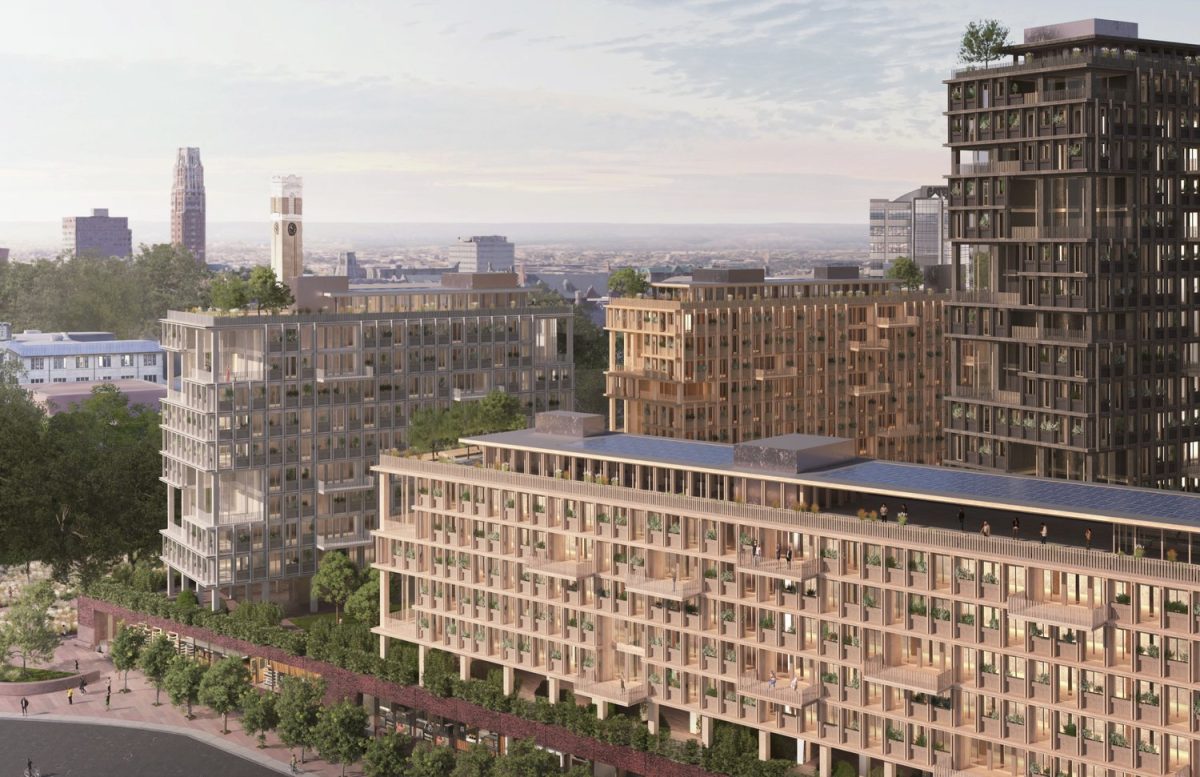
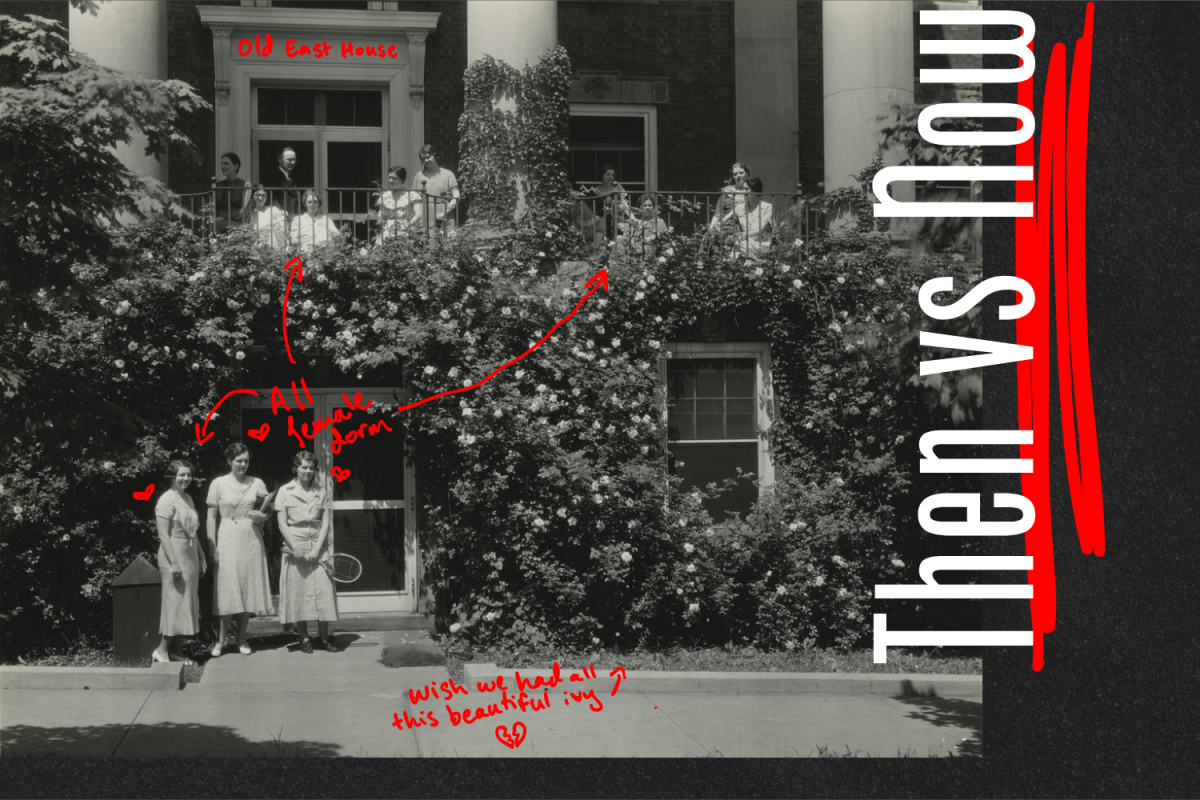
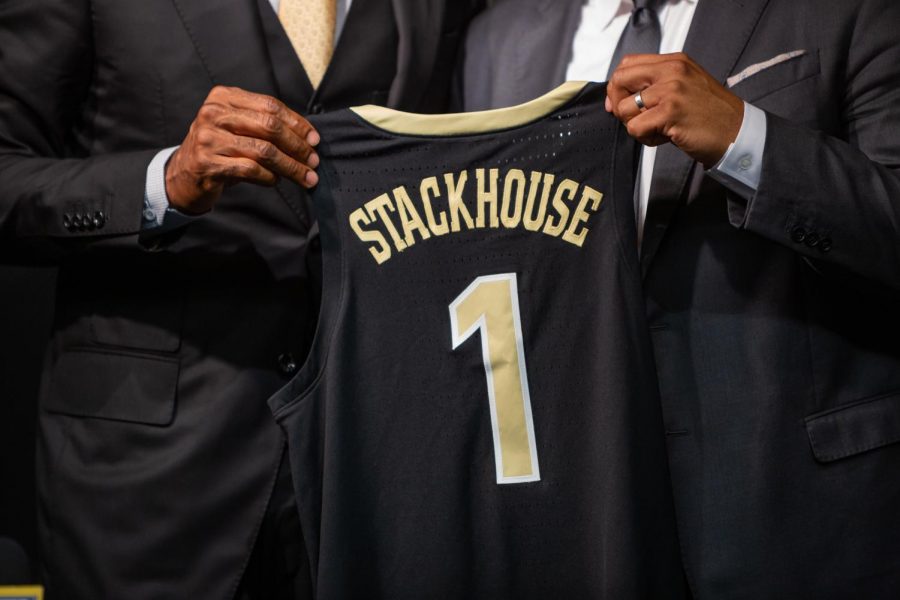
Lindsey Groves • Sep 4, 2020 at 10:57 pm CDT
Well said, Nora! I’m one of the affiliated chaplains on campus and I’ve been pondering some of these same themes you pointed out—but hadn’t been able to give them language like you did so beautifully. Please let me know if you think there’s anything the chaplains or the office of religious life can do to help with these new traditions you’re envisioning along with your classmates. Cheers! Lindsey